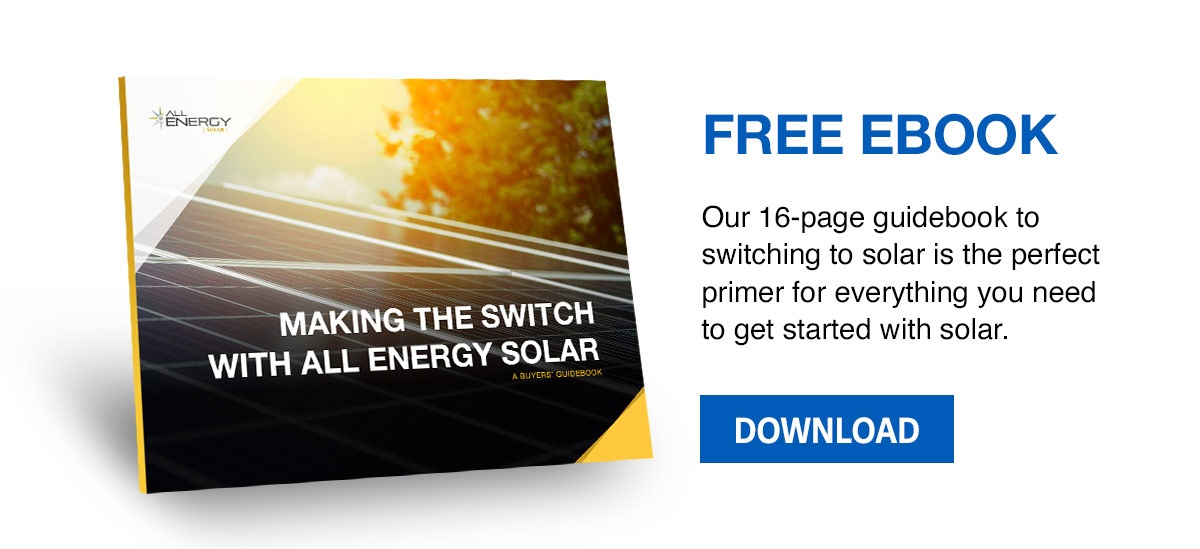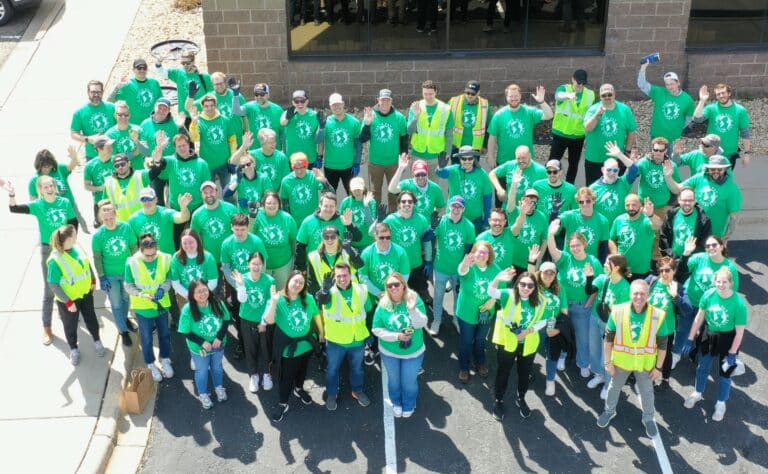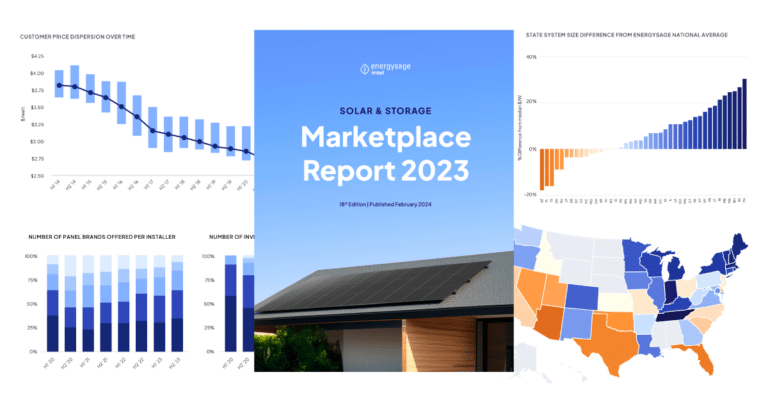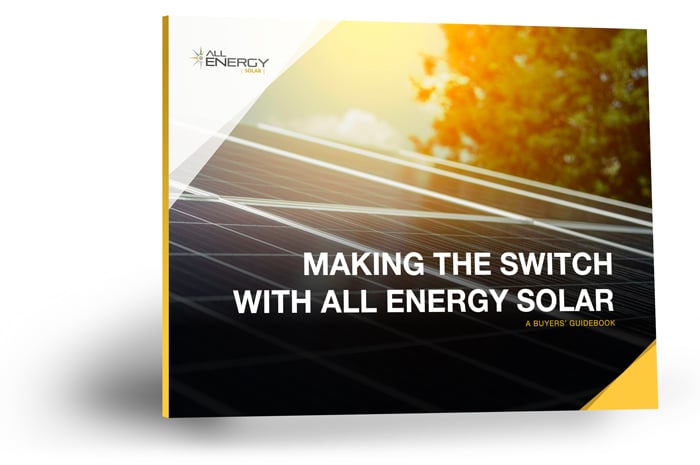If you’re reading this article, you may own a home in a neighborhood governed by a Homeowner’s Association (HOA) and are interested in solar panels. You may have sparred with your HOA in the past over minute items such as bird feeders, yard signs, or even window coverings, and are worried that solar panels will be treated similarly.
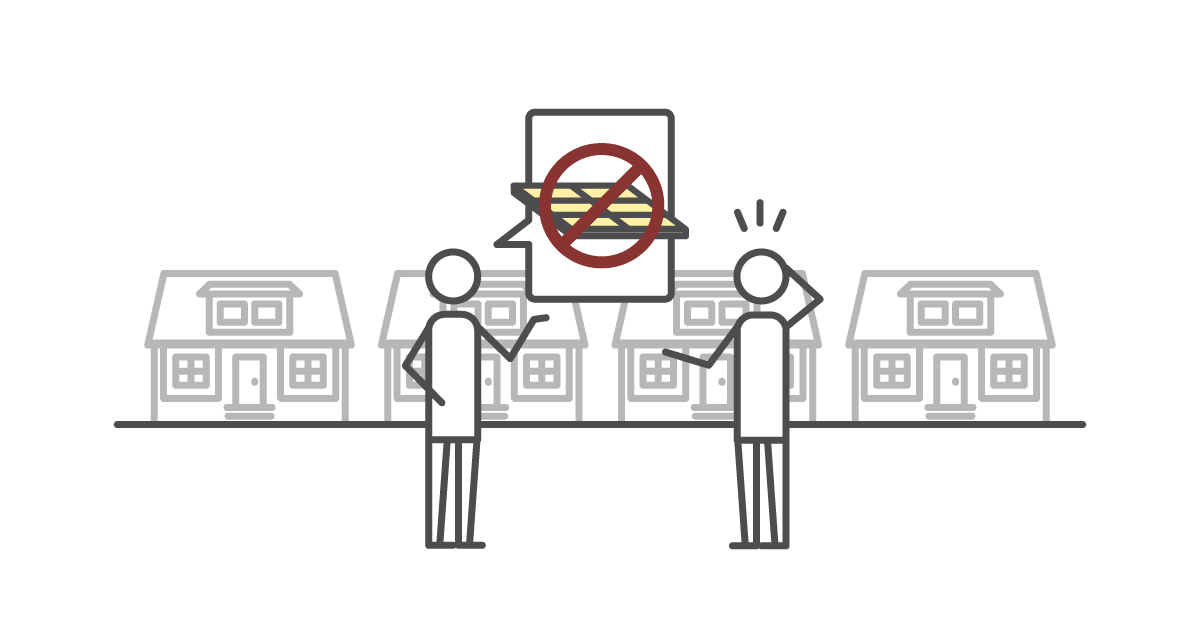
State by state
Fortunately, many states have put laws into place to guarantee homeowners within an HOA have the right to install solar panels. However, if you happen to live in Alabama, Arkansas, Connecticut, Michigan, Mississippi, Oklahoma, Pennsylvania, South Carolina, South Dakota or Wyoming, you won’t be protected by these laws and may have more of an uphill battle.
Regardless of the state you live in, there may also be some limitations that are set by your HOA or by the very nature of your property. These regulations are often included in a covenant, condition, and restrictions (CC&R) document, which homeowners must abide by when living in the neighborhood. The CC&R document tends to restrict or control the overall aesthetics of your property, have strict controls over how common areas may be used, and ensure that any structures built outside or near your house are approved by the board. It’s also important to know the limitations on what you actually own. If you have a condo in a larger building, you likely don’t “own” your outside walls and roof, making a private solar installation much more difficult.
If you’re in one of the states not mentioned above, these regulations can be challenged. The Solar Rights Act is a set of laws in many states that protects homeowners’ right to install solar panels on their property. If your HOA prohibits solar panels and you feel that this regulation violates your rights, you can fight back by contacting the local government and requesting mediation.
Fight for power
The good news is that—even though HOAs may have a reputation for being stodgy when it comes to renewable energy or anything that could change the look of your development—attitudes are changing quickly. Depending on how your community is laid out, a community solar garden or rooftop installation could become a shared amenity.
Begin by talking to your neighbors and getting involved with your HOA board. There may be interest within your own community to change your existing rules to be more receptive to a clean, affordable, energy source that can match the aesthetic of your home, reflect the sensibilities of your neighborhood, and even increase the value of your property. What HOA can get upset about that?
Download our eBook, Making the Switch with All Energy Solar to learn the benefits and key steps of the process of switching to solar energy.